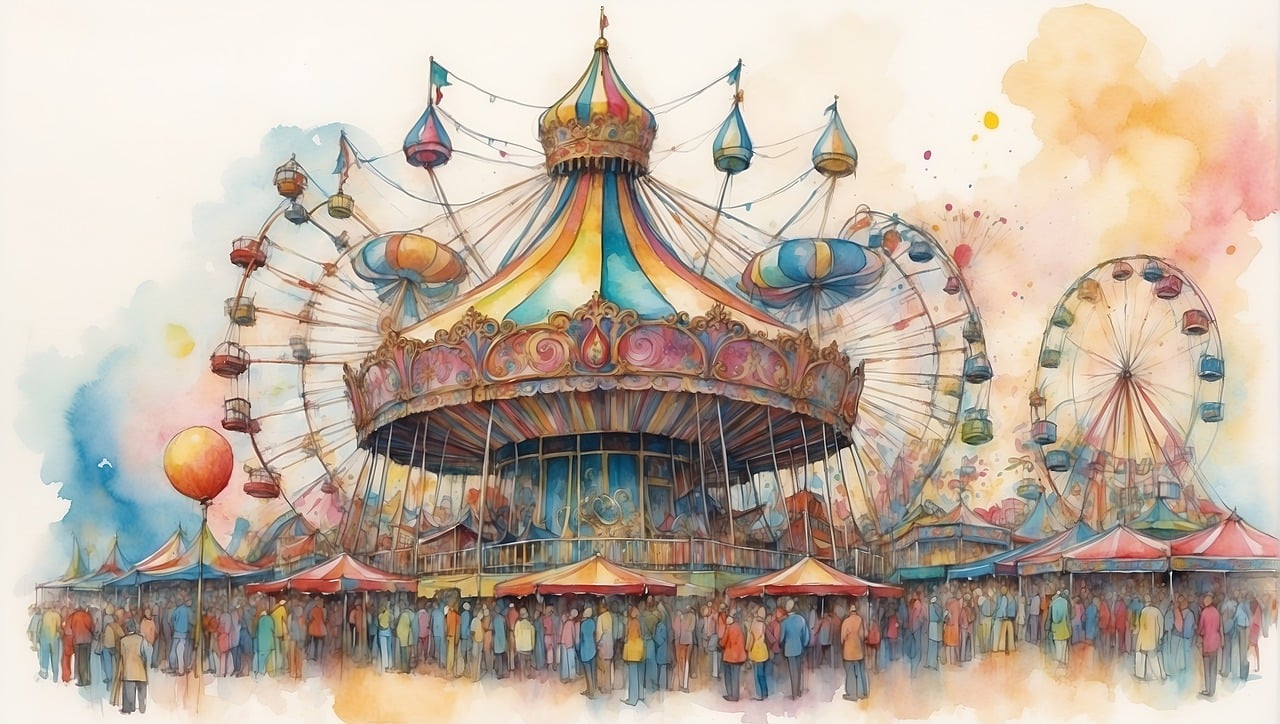The Role of AI in Predicting Box Office Success
Box office prediction methods have seen a significant evolution over the years, with advancements in technology and data analytics playing a crucial role in refining these models. In the past, box office predictions were largely based on historical data, genre trends, star power, and marketing strategies. However, the emergence of big data and machine learning has ushered in a new era of predictive analytics in the film industry.
Modern box office prediction methods now incorporate a wide range of factors, including social media sentiment analysis, audience demographics, online ticket sales, and even weather patterns. By leveraging advanced algorithms and predictive modeling techniques, studios and distributors are able to make more accurate forecasts about a film’s potential performance at the box office. This shift towards data-driven decision-making has not only improved the accuracy of box office predictions but also enabled stakeholders to optimize marketing campaigns and distribution strategies for maximum impact.
Challenges Faced by Traditional Box Office Prediction Models
Traditional box office prediction models have long relied on historical data, such as genre, star power, and release date, to forecast the success of movies. However, a major challenge faced by these models is the rapid evolution of audience preferences and viewing habits. With the rise of streaming services and digital platforms, moviegoers now have a plethora of options at their fingertips, making it harder for traditional models to accurately predict box office performance.
Moreover, traditional models often struggle to account for the impact of social media and online buzz on a film’s success. In today’s digital age, word-of-mouth spreads quickly through social networks, influencing audience perceptions and ultimately box office receipts. This real-time data presents a challenge for traditional models, which may not be equipped to analyze and incorporate such dynamic and constantly changing information into their predictions.
Traditional box office prediction models rely on historical data
Challenges faced by these models include rapid evolution of audience preferences and viewing habits
Rise of streaming services and digital platforms has made it harder to predict box office performance
Impact of social media and online buzz on a film’s success is often not accounted for in traditional models
Real-time data from social networks presents a challenge for traditional models to analyze and incorporate
How AI is Revolutionizing the Film Industry
Box office predictions have always been crucial for movie studios to determine the potential success of their upcoming films. Traditional methods relied heavily on historical data, genre trends, star power, and marketing strategies to forecast box office performance. However, with the advancements in artificial intelligence (AI), the film industry is witnessing a revolutionary shift in how box office predictions are made.
AI algorithms can process massive amounts of data in real-time and analyze various factors that can impact a movie’s success, such as social media buzz, audience demographics, and even sentiment analysis of online reviews. By utilizing machine learning and predictive analytics, AI systems can provide more accurate and personalized box office predictions, helping studios make better-informed decisions on marketing strategies, release dates, and overall investments in their films.
How has AI revolutionized the film industry?
AI has revolutionized the film industry by improving box office prediction methods, enhancing marketing strategies, and streamlining production processes.
What were the challenges faced by traditional box office prediction models?
Traditional box office prediction models often struggled to accurately forecast movie performance due to their reliance on historical data and limited variables.
How has the evolution of box office prediction methods impacted the film industry?
The evolution of box office prediction methods has allowed filmmakers and studios to make more informed decisions regarding marketing strategies, release dates, and budget allocations.
What role does AI play in enhancing marketing strategies for films?
AI helps analyze consumer data and behavior patterns to create targeted marketing campaigns, identify potential audience demographics, and optimize promotional efforts for maximum impact.
How does AI streamline production processes in the film industry?
AI technology can automate tasks such as script analysis, casting decisions, and post-production editing, saving time and resources for filmmakers and production companies.







